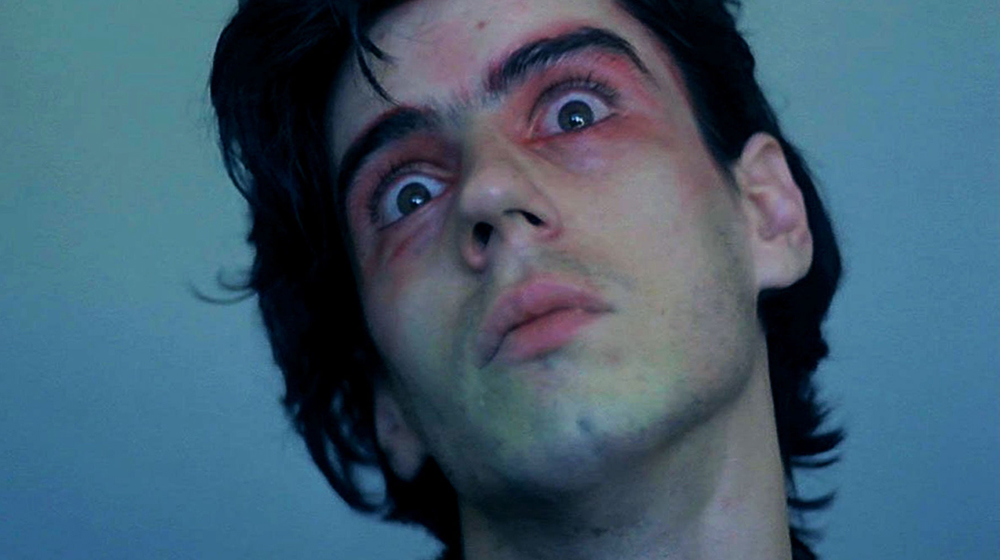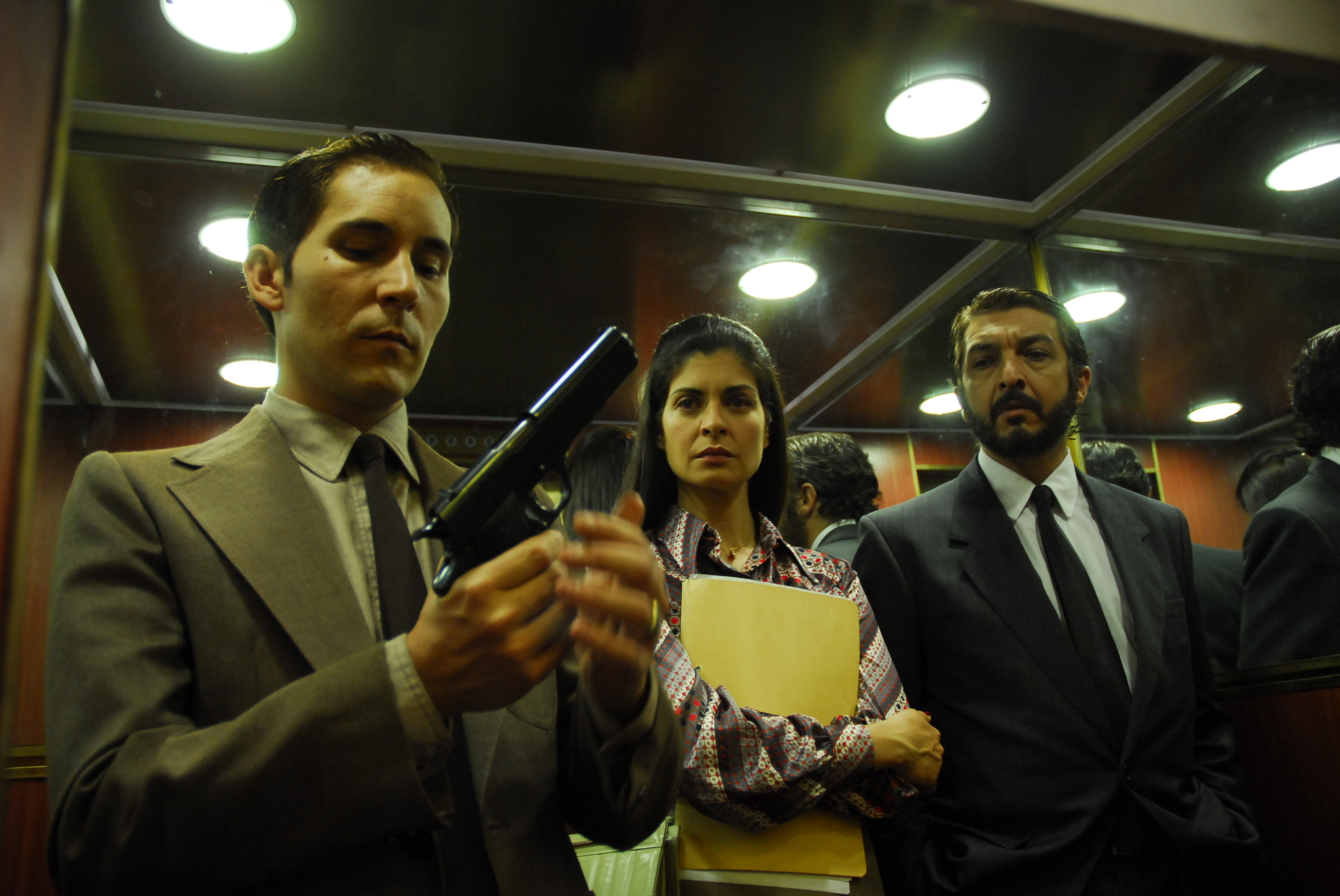
From Spain to Argentina take some time this week to divulge into Spanish Language films and the magic of Ricardo Darin.
Laura: Argentina 1985 (2022)

I don’t want to cause any commotion, but Argentina 1985 was one of the best movies that 2022 gifted us. It was no surprise that it won the Golden Globe award for best foreign language film and was nominated for an Oscar. Based on a true story, the film follows Julio (Ricardo Darin) and an inexperienced legal team as they take on the brave task of prosecuting the heads of Argentina’s cruel military dictatorship. A story that is bound to bring you to tears and reflection because of the fight for the democracy and freedom our world has always experienced, issues which have resurfaced with Russia’s invasion of Ukraine. A widely loved film by wide ranges of audiences not only because of the spectacular script and directing, but also the acting from the whole cast and especially the beloved Ricardo Darin.
Joan: Arrebato (Rapture) (1979)

Arrebato follows José Sirgado (Eusebio Poncela), a heroin-addicted director of low-budget horror films, and his on-and-off girlfriend, Ana (Cecilia Roth). One night they receive a mysterious package containing home movies and a cassette tape from Pedro (Will More), an odd amateur filmmaker obsessed with the power of the camera. The tapes set off a series of flashbacks that reveal how José and Pedro got to know each other as well as how filming became a way for the latter to retain his capacity for child-like wonderment. Although it might seem childish, Pedro’s filmmaking process has nothing innocent about it. We soon learn that the camera is like a drug for Pedro, a drug that much like heroin deteriorates his life little by little, or like a vampire sucks the life out of those captured by its lens. Having recently been restored to a glorious 4k resolution, there has never been a better time to experience this criminally underrated film that Almodóvar calls a “total modern classic.”
Marcos: “Bardo: False Chronicle of a Handful of Truths” (2022)

A Mexican-American journalist/documentarian, Silverio Gama (Daniel Cacho), is plagued by traumatic fears that affect his daily reality. After winning a journalism award that symbolically mends tensions between modern Mexican artistry and American capitalism, he must reconcile with his heritage. The tension between Silverio’s ideals of portraying a larger-than-life figure and a casual family man eventually lead to delusion and hallucinations. He exists in a dream-like state dealing with past guilt. The exhausting parade of waiting rooms and terminals serve as a metaphor for reality existing within the moments he’s created in his head. Through its symbolism and character relationships, Bardo grapples with how to reconcile cultural differences within a man riven by them.
Dr. Strycharski: The Secret in their Eyes (2009)

Juan José Campanella’s Oscar-winning film features a nonlinear narrative shifting between the “present” of 1999 post-junta Argentina and the country’s political past, Prosecutor Benjamin Espósito (a typically excellent Ricardo Darín), investigates a brutal 1974 murder while building a deep sense of personal responsibility to the victim’s widower Ricardo (Pablo Rago). But what at first appears as a straightforward police procedural shifts into a multi-genre showcase. The film not only deftly weaves together police procedural and frightening elements of a 70s paranoid political thriller, but also gives both the romantic history of Espósito’s unrequited love for his boss Irene (Soledad Villamil) and his buddy cop friendship with alcoholic co-worker Pablo Sandoval (Guillermo Francella) room to breathe. The camerawork is consistently stunning, including a justly famous long shot in a football stadium that will have film nerds howling with delight, and its twist ending that finally brings the case to a close usefully raises questions about crime and punishment.
